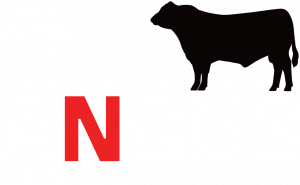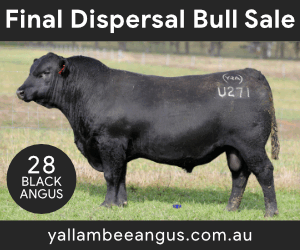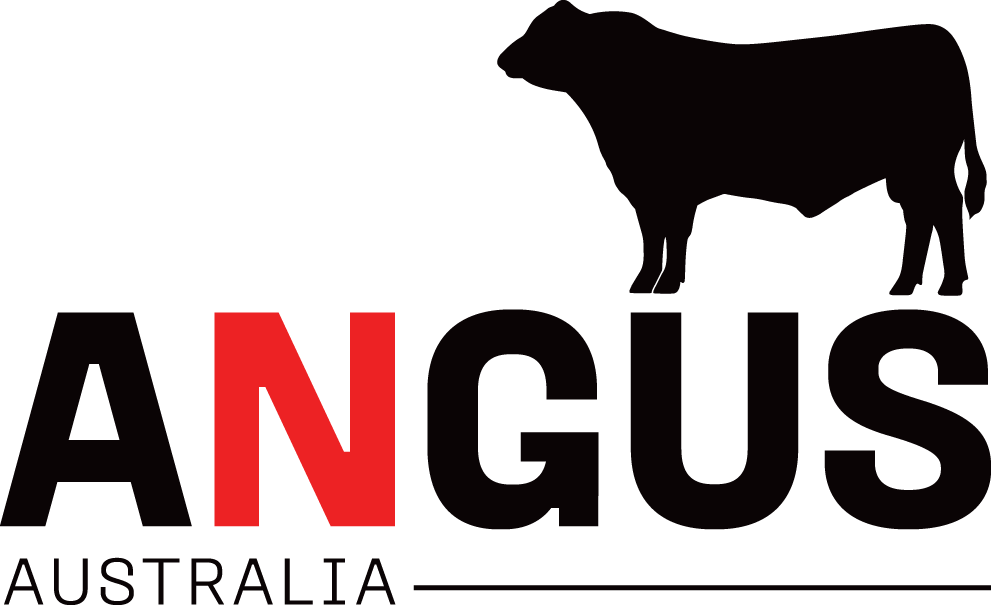Important things to consider
When reviewing the selection indexes for an animal, there are a number of important considerations to make.
1. Animals with extremely favourable EBVs for traits of high economic importance will still rank highly, irrespective of their EBVs for other traits
The nature of an economic selection index means that animals with extremely favourable EBVs for traits of high economic importance will still rank highly on the index, even if they have EBVs for several other traits that many breeders would consider unfavourable. For example, an animal with an extremely high 400 or 600 Day Weight EBV may still rank highly even if its Calving Ease EBV is below average.
This scenario does not reduce the value of the index as a selection tool, but highlights the importance of considering the index value in association with the individual EBVs when making selection decisions.
2. Trait contributions do not indicate the response to selection that will occur
A common misconception is that the relative emphasis given to each trait in the calculation of the selection index equates to the relative change that will occur in that trait if selection decisions are based on the selection index.
In practice, the relative change that will occur in traits is influenced by not only the trait contribution, but also factors such as the animals that are available for selection and the genetic correlation that exists between traits.
A better representation of the response to selection is the selection advantage. The selection advantage is indicative of the long term direction and relativity of response that will occur in individual traits if selection is based on the selection index.






